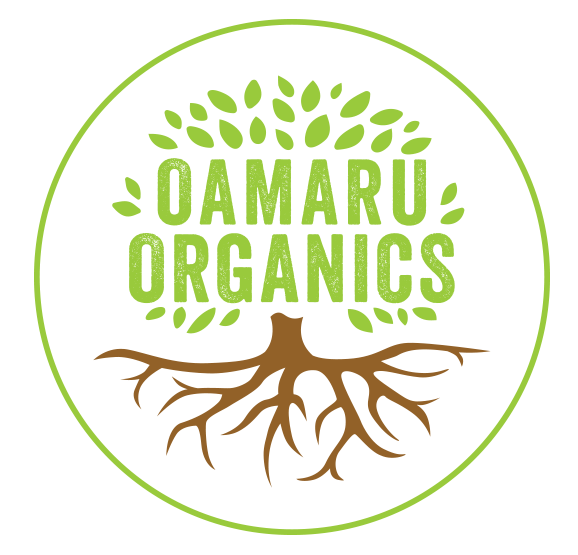When it comes to agriculture, one of the most important aspects to consider is the root structure of plants. The way plants grow and develop their roots can have a significant impact on their health and ability to absorb nutrients from the soil. This is why many people are interested in understanding the root structure difference between organic produce and conventional produce. In this blog post, we will explore some of the key differences between the root structure of organic produce and conventional produce.
Organic produce typically has a more robust and complex root structure than conventional produce. This is because organic farmers use natural methods to promote soil health, such as crop rotation, cover crops, and composting. These methods help to create a rich and diverse soil environment that encourages healthy root growth.
One key difference between organic and conventional produce is the depth of the roots. Organic produce typically has deeper and more extensive root systems than conventional produce. This is because organic farming practices promote deeper root growth by encouraging the plants to seek out nutrients from the deeper layers of soil. This allows the plants to access a wider range of nutrients, making them healthier and more resilient.
Another difference between organic and conventional produce is the number and density of roots. Organic produce typically has a higher density of roots and more branching than conventional produce. This is because organic farming practices promote the growth of beneficial microorganisms in the soil, which help to break down organic matter and release nutrients for the plants. These microorganisms also help to create a more porous soil structure, which allows for better water retention and drainage.
Organic produce also tends to have a more diverse root structure than conventional produce. This is because organic farming practices promote biodiversity, which encourages the growth of a wide range of plant species and beneficial microorganisms in the soil. This diversity helps to create a more complex and resilient soil ecosystem, which supports healthy root growth and plant development.
Overall, the root structure of organic produce is typically more robust, diverse, and complex than that of conventional produce. This is because organic farming practices promote soil health and biodiversity, which in turn support healthy root growth and nutrient absorption. By choosing organic produce, we can support a more sustainable and healthy food system that benefits both our health and the environment.

